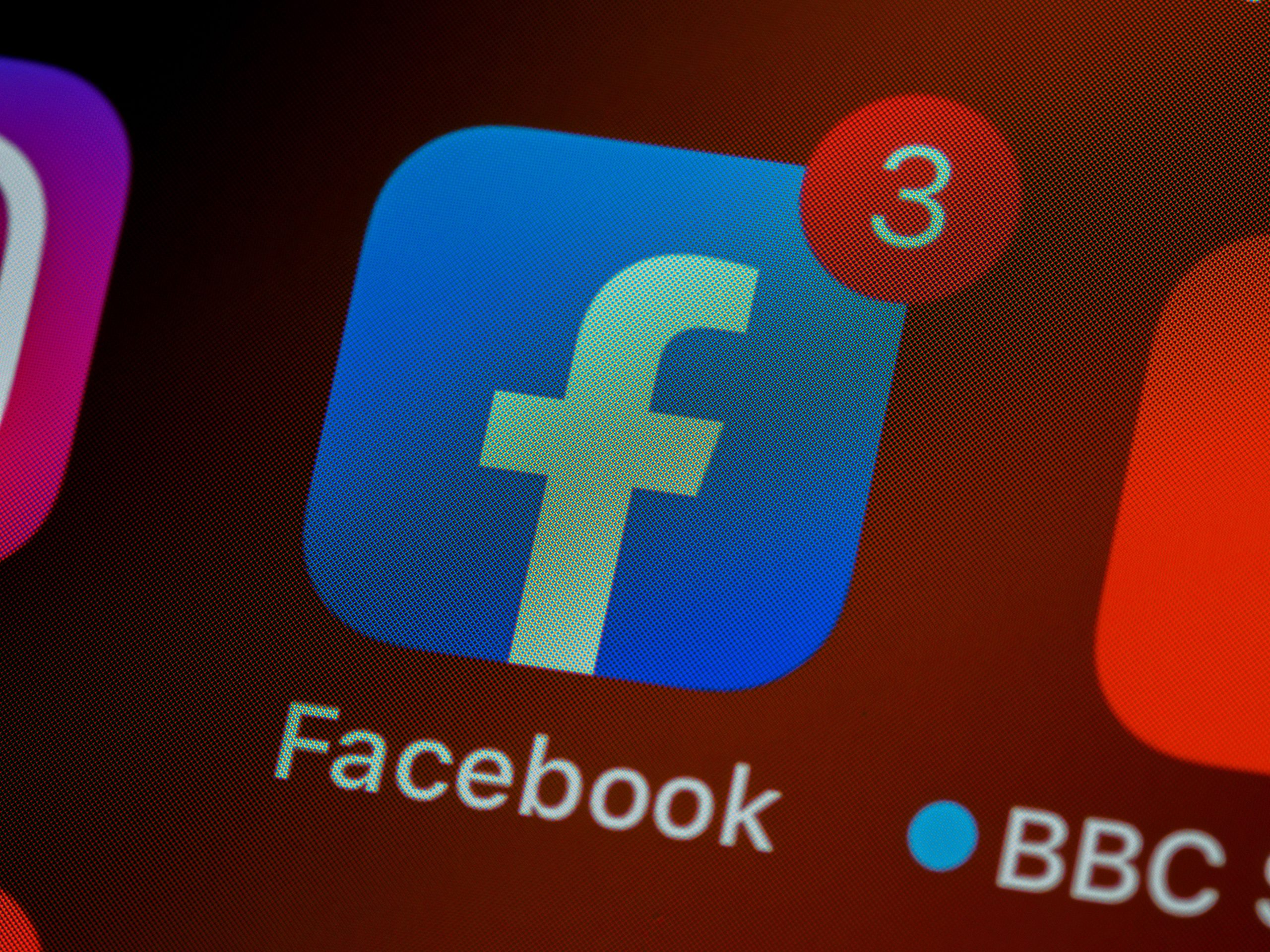Social media
platforms Twitter and Facebook removed two “anti-Ukrainian” influence campaigns
over the weekend, one of them linked to Russia and another to Belarus, the
companies announced. The first, according to the platforms, was a Russian
operation pushing “anti-Ukrainian” talking points and the second linked to the
use of hacked accounts.
Amid the Russian
offensive in Ukraine, cybersecurity experts have consistently warned of Moscow
employing covert tools of influence to build a narrative that can justify
Russia’s intervention in Ukraine. The two removed campaigns had widely pushed
the speech made by Russian President Vladimir Putin wherein he declared a “special
military operation” in Ukraine in an apparent bid to demilitarise and denazify
the country.
Also Read | Several Russian media outlets hacked to show message condemning Ukraine invasion
The Russia-based
campaign is said to have had an influence in the Donbas region, a region with
separatist aspirations granted legitimacy by Putin.
The propaganda
campaign was able to “seed stories across the internet that Ukraine isn’t doing
well” by “pretending to be journalists from Kyiv,” Nathaniel Gleicher, the head
of security of Meta (the company that owns Facebook), said in an interview.
“The good news is
neither of these campaigns have been that effective, but we do say these actors
trying to target Ukraine at this point,” Gleicher added.
Some web articles
pushing the Russia narrative had titles such as: “Zelensky is building a
neo-Nazi dictatorship in Ukraine” and “Why Ukraine will only get worse,” NBC
News reported. Facebook has removed 40 profiles linked to these articles.
Twitter said it
had banned over a dozen accounts tied to Russian media ops. “On Feb. 27, we
permanently suspended more than a dozen accounts and blocked sharing of several
links in violation of our platform manipulation and spam policy,” a Twitter
spokesperson said.
“Our investigation
is ongoing: however, our initial findings indicate that the accounts and links
originated in Russia and were attempting to disrupt the public conversation
around the ongoing conflict in Ukraine,” the spokesperson added.







